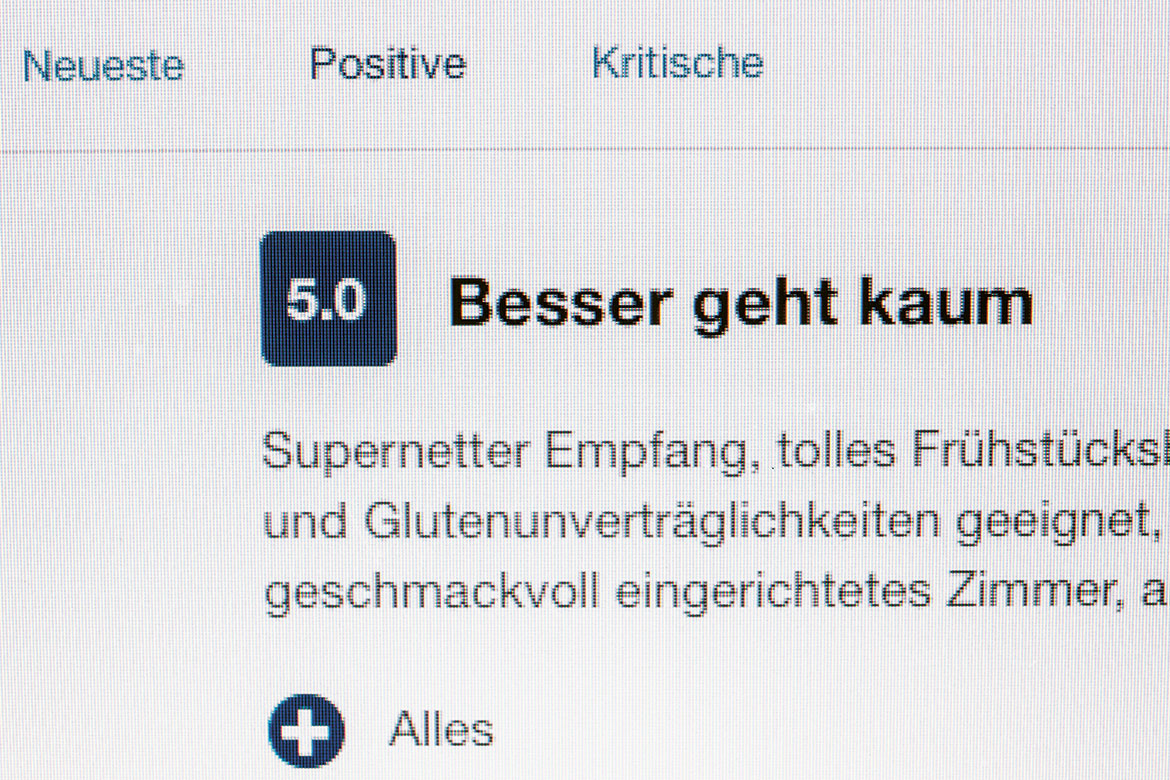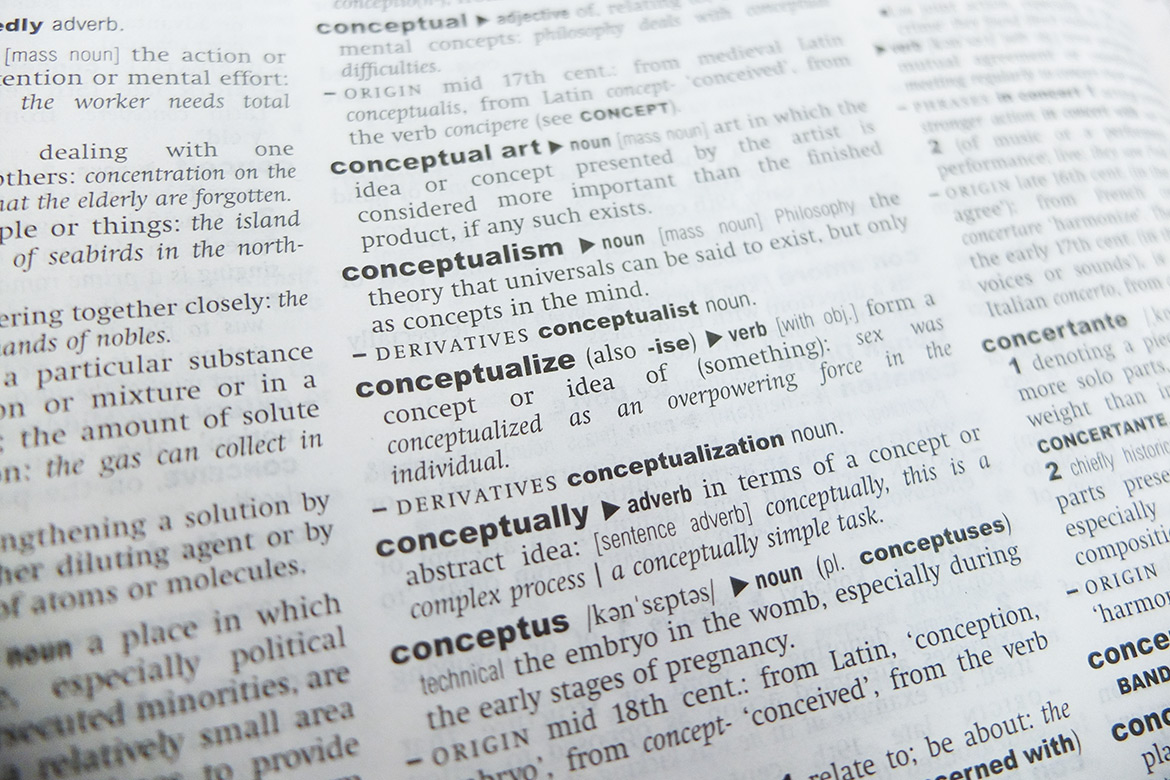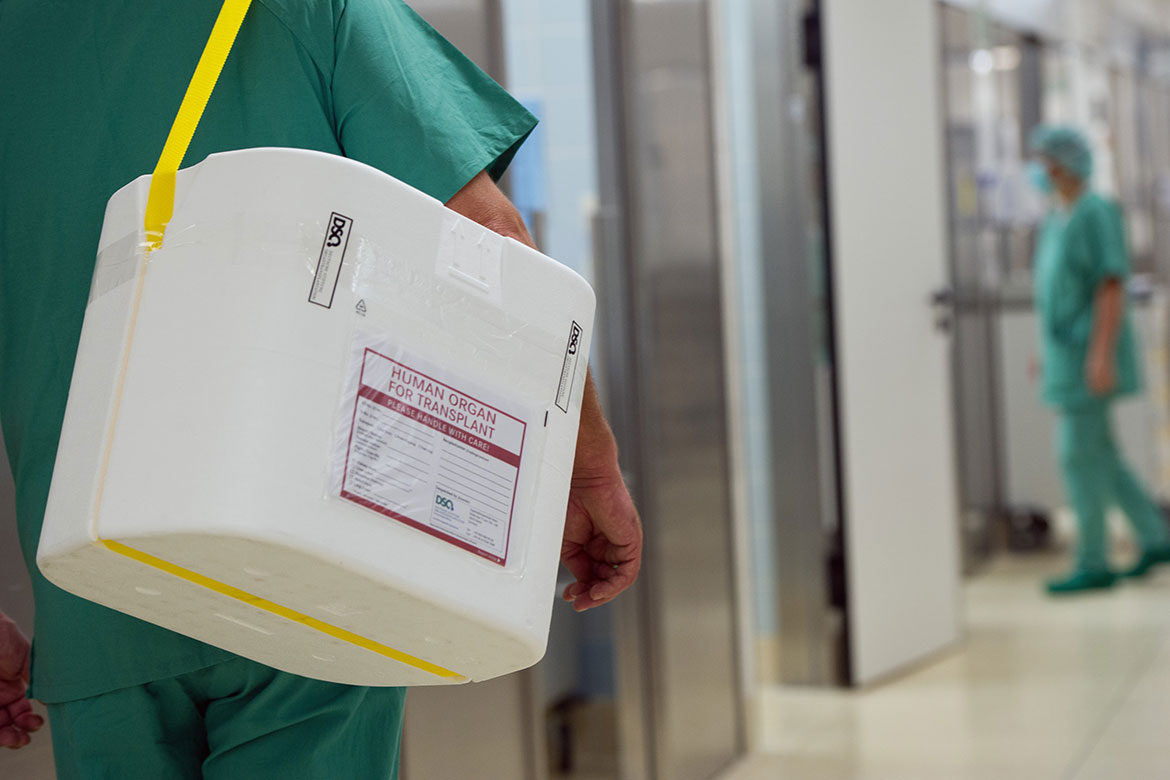Everyone’s a star
Customer ratings on the Internet are often far too good to be true. Why people give five stars so often, and which ratings are actually trustworthy, is currently the subject of a research study.

Comments on online platforms frequently feature excessive praise for services – but potential customers still rely on them. If you want more trustworthy ratings, then you ought to read comments from users who post ratings on a regular basis. | Images: Valérie Chételat
If all the ratings you see on Internet portals were true, then the world of goods and services would be perfect. Whether on Amazon, Expedia, Airbnb or any other Internet market place, every entry gets on average four or five stars. It’s rare for anything to get a bad rating, and average grades are even rarer. These are the conclusions reached by Verena Schoenmüller, a visiting postdoctoral research fellow at the Marketing Department of Columbia University in New York (USA), and her colleagues Oded Netzer and Florian Stahl. They’ve been investigating 130 million ratings on the biggest Internet platforms. “We found this positive shift everywhere”, they say. Does this mean that everything offered on the Internet is so wonderful? Or are most reviews counterfeit? Neither nor, suggest Schoenmüller, Netzer and Stahl.
The first review influences the next
Online ratings have become a fundamental aspect of purchasing decisions. According to an assessment made in 2015, 90 percent of people in Canada and the USA read Internet reviews of a shop before they buy there, and 88 percent trust those reviews as if they had come from people they actually know. Online ratings have a measurable impact on sales, so they’re very important for retailers. But why are they so positive?
One possible explanation is that buyers would like to reduce so-called cognitive dissonance. When they aren’t happy with the product already acquired, but have paid good money for it, they can lessen their own sense of dissatisfaction by putting a positive spin on it. “And we’ve indeed seen in our study that a rating is better when our test subjects grade it after having bought it, as opposed to before their decision to purchase it”, says Verena Schoenmüller. “This suggests that cognitive dissonance plays a role in the above-average ratings, though not the most important role”.
Another explanation has been suggested in a study conducted by Sean Taylor. He and his team at the Hebrew University in Jerusalem have shown in the journal Science that the first assessment of a product has a big influence on later ratings. The probability of getting good ratings increases by 32 percent if the first rating is good. The overall rating is also improved by 25 percent. That means an improvement of more than one ‘star’ on the usual five-star scale. “However, this herd effect doesn’t yet explain the overall positive shift in the ratings – because here, even the first assessment is way above average”, says Schoenmüller. You could argue that retailers might create a fictitious first rating if they’re aware of the significance of it. But Schoenmüller believes that this cannot be the reason for above-average ratings, as her current study of online reviews shows.
You praise what you choose
For their core experiment, Schoenmüller and her team divided a sample of Master students into two groups. Those in the first group had to rate the book they’d read most recently, or the restaurant in which they’d last eaten. Participants in the second group, however, were allowed to choose what book or restaurant they wanted to rate. The results showed that test subjects gave significantly better grades when they were free to choose. When the book or restaurant was decided for them, then their ratings were lower. “Among those who chose what to rate, the reviews were skewed to the positive just as much as was the case on the big Internet portals we’d investigated”, says Schoenmüller. “In the group that had to rate their most recent experience, however, we saw a normal distribution of ratings”. In other words: consumers prefer to choose and review products or services with which they know they are very happy. Bad or average products are rarely worth a review. Instead, the consumers would often also adjust their decisions after having decided what rating to give, adds Schoenmüller. “But the reason why the distribution is so skewed to the positive already lies in what they actually choose to review”.
Do other researchers in this field agree with her findings? “It’s an excellent, comprehensive study from one of the most respected professors in the field”, says Nikolaos Korfiatis, a professor of business analytics at the Norwich Business School of the University of East Anglia (UK). He has similar research interests, though he was not part of Schoenmüller’s study. And he points to a factor that has rarely been investigated up to now: the impact of the time that lies between the purchase and the review. “People tend to give a better rating to experiences, such as eating in a restaurant or reading a book, if more time has elapsed before rating them”, says Korfiatis. “This could also be a reason for the more positive assessments by the group who were able to choose what they rated”.
Schoenmüller and her colleagues have tried to incorporate the time factor experimentally. They additionally asked their first group of test subjects how likely it was that they would have gone online to rate the experience in question. Here, too, their answers suggested that consumers will primarily offer a rating when they’ve judged a product to be very good.
Nikolaos Korfiatis also sees the choice of product as a decisive factor in above-average ratings on online portals: “I’m surprised that there aren’t more bad ratings”, he says. Earlier and comparable studies observed ratings both from people who were very satisfied, but also many from dissatisfied customers. “Products with bad reviews tend to be withdrawn more quickly today, or relaunched under a different name, because they otherwise wouldn’t be marketable any more”, suggests Korfiatis.
Frequent reviewers are more reliable
So the question remains: just how informative are online reviews if they’re really so biased, and the only ones available are either good or very good? Schoenmüller’s study suggests that meaningful reviews are to be found among those customers who put a lot of reviews online. Schoenmüller says: “These reviews on their own reveal a standard distribution. They are more reliable”.
Korfiatis sees another possibility. On some review sites, customers are able to assign ratings to specific aspects and sub-criteria, such as the battery or display of a mobile telephone. “That is far more informative than an overall rating”, says Korfiatis. One last possibility is to recognise ratings that have been bought. You can usually spot them because many positive or negative ratings have been posted in rapid succession, he explains. If someone wants to engage in manipulation, they usually want to see the results quickly. He also recommends reading reviews carefully. “Commentaries offer a better picture than just the rating”. Despite all the problems with ratings, he doesn’t see any reason for cultural pessimism. “Before online ratings became popular, there was hardly any possibility for giving public feedback”, says Korfiatis. “Online ratings help create a better service and increase customer satisfaction”.
The science journalist Frederik Jötten writes for Das Magazin, NZZ am Sonntag and elsewhere. He lives in Frankfurt am Main.




